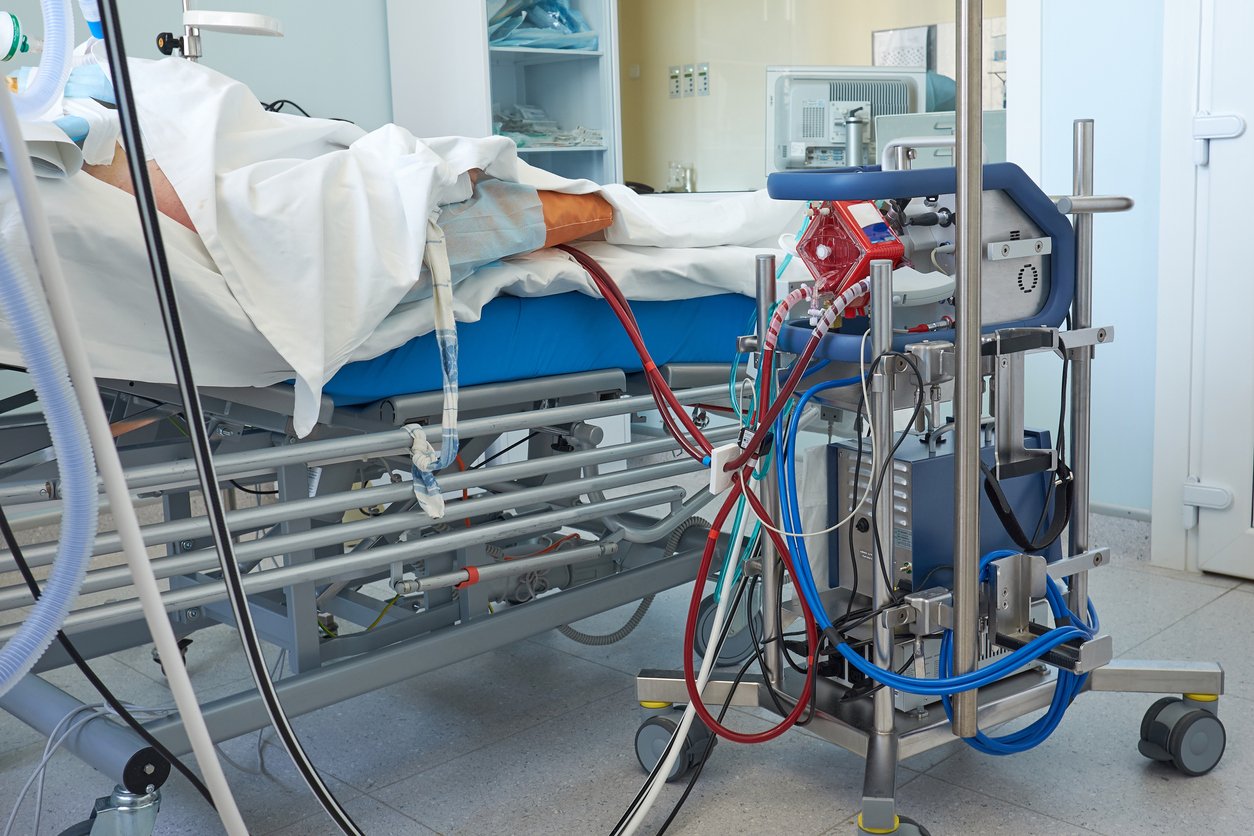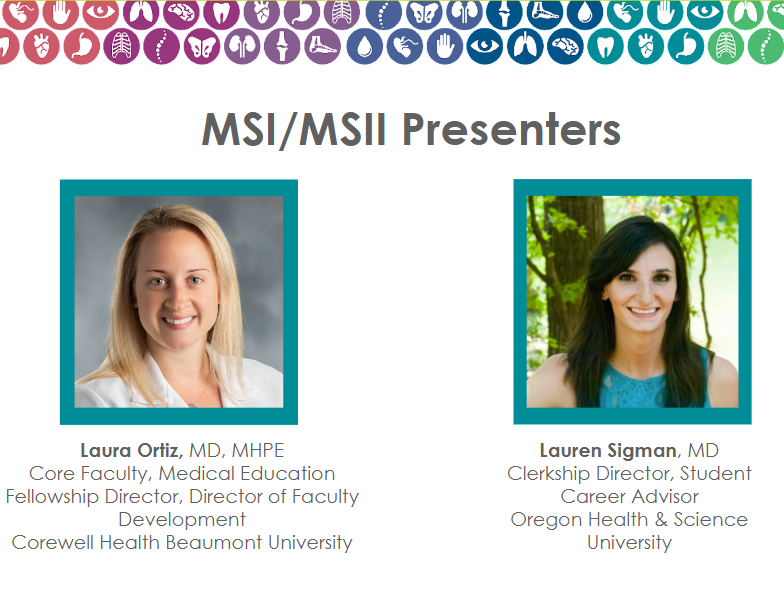PEM Personal Statement Example
Provided by Michele McDaniel
From the moment I took my first, tremulous step through the doors of the hospital with my freshly ironed white coat and my newly minted title of MD, I knew I wanted to have a career in the field of pediatric emergency medicine. To anyone who loves kids, the reasons are obvious, plentiful, and easy to understand. Children are fun! They are vibrant and happy, and, for the most part, when they present to your ED, some combination of a silly face, a sticker, a popsicle, and your flavored antipyretic of choice cures what ails them and they go home to continue being cute little monsters. However, to people like you and me, who are passionate about the field of pediatric emergency medicine, the reasons for choosing this career resonate much deeper.
I can remember one specific case which will stick in my mind forever. As an intern, I picked up a chart with the chief complaint "fever". When I opened the door to walk into the room I found a mother, sobbing, clutching her toddler son to her chest. It didn't take me long to realize that the fever wasn't the only reason she had come. On speaking with her, I discovered that her son had suffered a febrile seizure. She was terrified, and visibly much more upset than her peacefully sleeping child. After listening to her story, we proceeded to discuss what had happened. She had no idea that a simple febrile illness could cause a seizure, and was relieved to know that her child most likely would never have another event. Over the course of our conversation, I could see her relax, and she left at peace and thanked me for doing something which required no medical skill at all, simply being available to talk - one human to another.
This case illustrates well those things that attract me to pediatric emergency medicine. I challenge anyone to find another specialty in which you see a comparable breadth of disease. Take for example the case of a febrile seizure. Do you know any adult who has seized during the course of his or her febrile URI? It never ceases to amaze me just how much medicine you need to know in order to complete even one shift in the peds ED. There are an endless number of diseases that present more commonly in a certain age group, have a symptom complex congruent with a variety of disease processes dependent upon the patient's age, or have a completely different presentation based on whether your patient is 6 months or 6 years old.
But it's not only the diagnostic challenge that excites me. I also enjoy the non-medical aspects of working with children as patients. The pediatric emergency department is a venue where communication skills go a long way. Whether you're demonstrating the superpowers of your "magic flashlight" in order to look in a three year old's ears, easing a mom's worries about a high fever, or making a consult, effective communication is extremely important. It is also helpful in identifying ways to make a difference for your patients beyond the prescription pad. The pediatric ED is perfect place to discuss prevention - bike helmets, proper car seat placement and seat belts, avoiding tobacco/alcohol/drug use, safe sex practices - the list is endless. The pediatric emergency department is also a fertile ground where advocacy takes root and flourishes. There are so many opportunities to reach out to young, malleable minds that you only have to dream up an initiative and you can make a difference that can span generations.
I have been fortunate to be a part of several different advocacy projects during my time at Indiana University. Whether it was fitting bike helmets and guiding young bike riders through an obstacle course, teaching mentally and physically handicapped children how to tell their life stories through photography, or coaching elementary students who'd never swum an entire length of the pool through a triathlon, I've enjoyed every opportunity to reach out into my community. This is something I intend to carry on through my time in fellowship. I have a particular interest in the area of non-accidental trauma, and I hope that, between the skills I've learned in my past advocacy work, my upcoming elective with the child protection team, and the knowledge I'll gain during my fellowship training, I'll be able to translate community-based research into community-based initiatives that will aid in prevention of child abuse in the future.
Beyond being a venue for furthering my interest in advocacy and research, I also know that a fellowship in pediatric emergency medicine will allow me to develop the skill set I need to achieve my career goals. I hope to one day work in both the adult and pediatric emergency departments at a large academic center and pass on the fruits of my education and experience to the next generation of emergency physicians. Having past experience in coaching and teaching, and having recently begun to have "staffing shifts", I know my passion lies in sharing my knowledge with others, and I look forward to each opportunity I'll have to gain more experience in the field of teaching and mentoring. I hope to one day be a successful clinician educator and I know that, by combining the knowledge and skill I'll gain from fellowship and my existing passion for emergency medicine (especially pediatric emergency medicine), I'll have a fulfilling and exciting career for many years to come.
I love what I do, and I'm looking forward to the next few years in which I'll be able to build a strong foundation for my future career. I know that I'll be able to provide as much enthusiasm and dedication to my program as I will gain knowledge and skill that I'll carry forward. I can't wait to be a part of the pediatric emergency medicine family, and I'll be proud to call myself your colleague one day.
Related Content

Oct 31, 2023
Health Policy Journal Club: A Study of Firearms Safety Education in the Pediatric Emergency Department
The pediatric emergency department is a unique setting in which educational interventions can reach a wide variety of people. The Health Policy Journal Club examines a study conducted to gauge the efficacy of firearm safety education in pediatric EDs.

Nov 08, 2023
Critical Care ECMO Series: Introduction to ECMO
Extracorporeal membrane oxygenation (ECMO) allows for temporary life support in cardiopulmonary failure refractory to conventional medical treatment. Given its capabilities and increasing presence in our health care system, it is important that all learners, from medical students to attending physicians, become familiar with the technology as it expands to more ICUs and EDs across the world.





